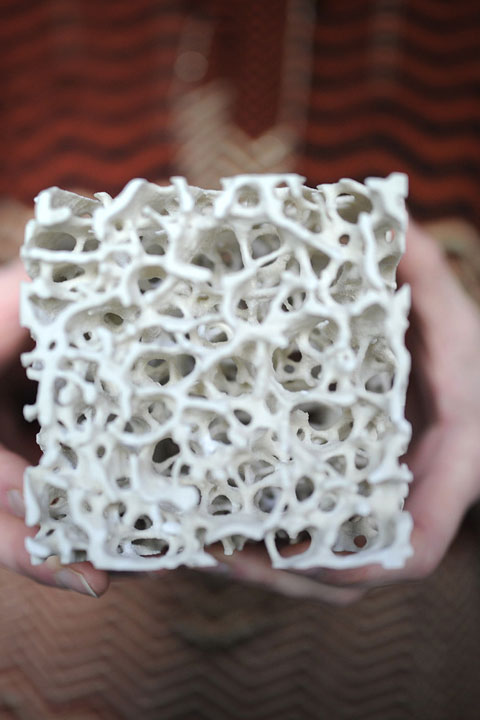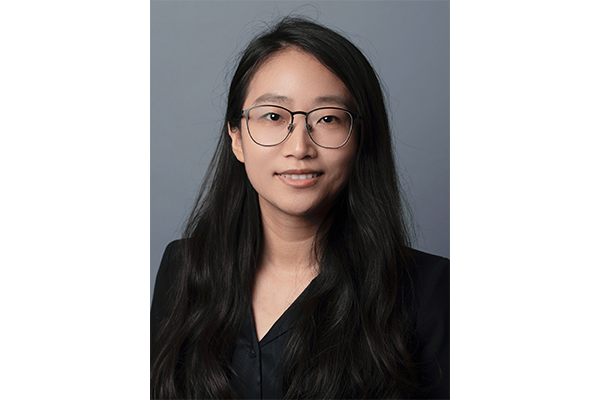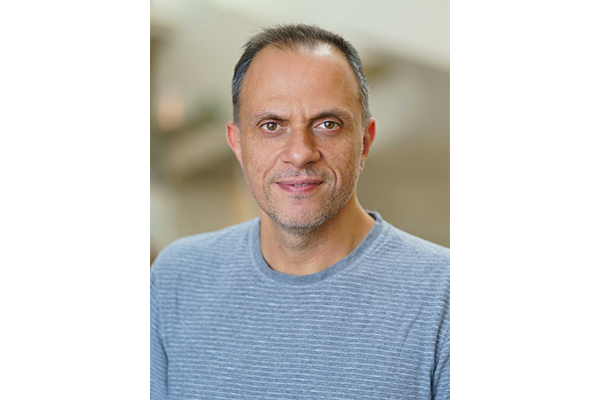
Research
Convergent research with collaboration across government, industry, and academia
Faculty conduct research as part of the College of Engineering’s multidisciplinary research centers and institutes, such as the Institute for the Chemical Imaging of Living Systems, and the Institute for Mechanobiology, and within their laboratories.
The department’s research areas of focus include Biomechanics and Mechanobiology; Biomedical Devices and Bioimaging; Molecular, Cell, and Tissue Engineering; and Systems, Synthetic, and Computational Bioengineering.
View faculty profiles for laboratory research as well as our recent Annual Reports.
Quick Facts
External Research Funding Examples
- Paul G. Allen Frontiers Group
- National Institutes of Health
- National Science Foundation
- National Cancer Institute
- National Institute of Arthritis and Musculoskeletal and Skin Diseases
- American Heart Association
- National Institute of Neurological Disorders and Stroke
- The Department of Homeland Security



